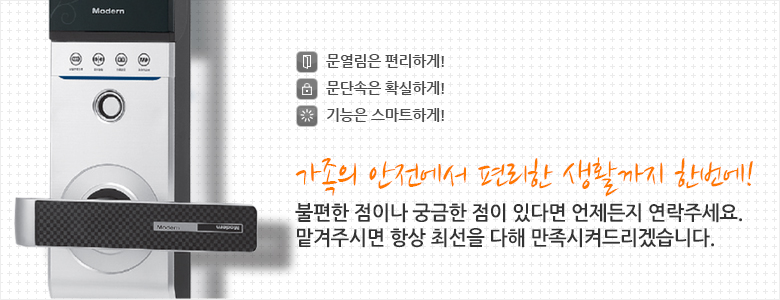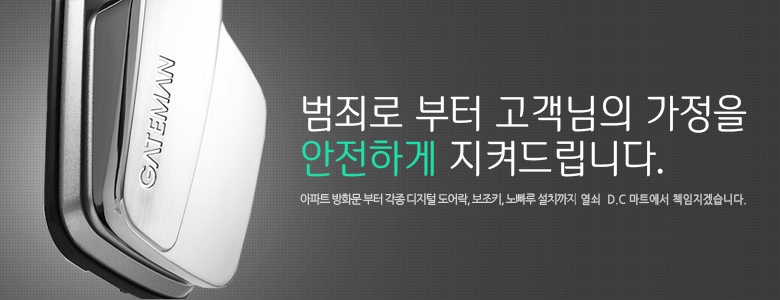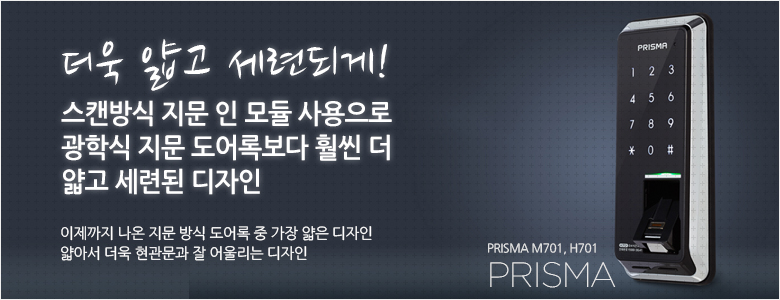Understanding Japanese Rental Contracts: What to Watch For
페이지 정보
작성자 Evonne 작성일25-09-12 14:23 조회2회 댓글0건본문
주소 :
희망 시공일 :
Once you settle into a Japanese rental home, the lease agreement—often called a "rent contract" or "rental contract"—is a legal document that outlines everything from the monthly rent to the responsibilities of both tenant and landlord.
Since the language, terminology, and legal expectations can be very different from what you’re used to, it’s essential to read the contract carefully and know what to watch for.
Here’s a practical guide to help you identify the key points that can make or break your rental experience in Japan.
1. Identify the basic terms.
• The property’s title, location, and unit type (apartment, house, share house).
• The name of the landlord or the real‑estate agency that represents the landlord.
• The contract length (typically 1 or 2 years) and its start and finish dates.
• The monthly rent and its due date (commonly the 10th of the month).
• If the unit is furnished or unfurnished..
• The deposit (shikikin) and key money (reikin) amounts. The deposit can be refunded; key money is a non‑refundable goodwill payment to the landlord..
2. Grasp the deposit and key money.
• The deposit generally equals 1–3 months’ rent, covering damage or unpaid rent. The landlord ought to issue a receipt and a copy of the deposit slip..
• Key money is usually 1–2 months’ rent. It is a one‑time payment and is not returned. If you are worried about the amount, negotiate in advance; some landlords will accept a smaller key money or waive it for good tenants..
• Look out for extra "security deposit" provisions that could be disguised. Contracts may use "保証金" (guarantee money) or "敷金" (shikikin). Confirm you grasp the difference and its management..
3. Identify the guarantor or guaranty company.
• Japanese leases frequently require a guarantor (guarantee person) or a guaranty company (e.g., Aoyama Gakuin, M&A, or a local bank)..
• The guarantor’s responsibility usually equals the entire rent plus a few months’ more. A written guarantee is required..
• If a guaranty company is used, remember they charge a fee, usually about 10% of the annual rent..
• Inspect the contract for the guarantor’s terms, particularly if the guarantor can be released after a set time or if the guarantee renews automatically..
4. Look for maintenance responsibilities.
• The contract must delineate which repairs fall to the tenant and which to the landlord..
• Small plumbing or electrical repairs are usually the tenant’s duty..
• If significant repair is required (e.g., structural damage), the landlord must be accountable..
• Certain agreements contain a "property damage" clause that could levy a penalty for accidental fixture damage..

5. Utilities and other fees.
• Determine which utilities (electricity, gas, water, internet, trash) are bundled in the rent and which cost separately..
• Certain contracts group utilities into a "maintenance fee" (管理費) or a "common area fee.".
• With individual gas and electricity meters, the contract may require separate payments..
• Also note any "parking fee" or "storage fee" if the property includes a parking spot or storage closet..
6. Subletting and guest policy.
• The majority of Japanese leases ban subletting unless written permission is obtained..
• Should you intend a long‑term guest or roommate, discuss it beforehand..
• Some contracts permit "roommates" (同居人) but demand the landlord’s approval..
• Inspect the clauses that explicitly ban "転貸" (subletting) or "転居" (co‑living)..
7. Renewal and termination clauses.
• The agreement typically specifies if renewal is automatic or needs a new contract..
• Leases often renew yearly, though landlords may hike the rent..
• To terminate early, you typically need to give 1–3 months’ notice (often 60 days)..
• The agreement may impose a penalty for early termination, like forfeiting the deposit or paying part of the remaining rent..
• Should you move early, negotiate a "退去料" (move‑out fee) or "退去手数料" (service fee) that could be waived..
8. Notice of changes in rent or contract terms.
• The landlord can increase rent only once a year during the renewal period..
• Rent hikes must be documented in the contract or via a formal notice ("賃料改定通知")..
• The agreement should contain a "賃料改定" clause and the notification procedure..
• Should the landlord wish to alter terms (such as adding a pet clause), written notice is required..
9. Pet regulations.
• Most Japanese apartments prohibit pets. If you own one, confirm the contract explicitly permits it..
• Some landlords require a pet deposit (ペット保証金) and a pet fee (ペット賃料)..
• The agreement might also set breed and size restrictions..
10. Language and translation.
• Contracts are usually written in Japanese. If you’re not fluent, ask for a translation or have a trusted friend read it..
• Even with Japanese fluency, read the contract twice, concentrating on ambiguous or legally significant sections..
• Keep a copy of the signed contract in both Japanese and any translated version you may have..
11. Final checklist before signing.
• Verify that all the details discussed (rent, deposit, key money, guarantor, utilities, pet policy) match what is written in the contract..
• Confirm the move‑in date, the procedure for handing over keys, and the condition of the property (photos, inventory list)..
• Request from the landlord or agent a copy of the building’s fire safety certificate and maintenance logs..
• Ensure you get a receipt for all payments made prior 名古屋市東区 マンション売却 相談 to moving in..
• If uncertain, seek advice from a legal professional or a housing rights group..
Recognizing these key points can prevent common pitfalls like hidden fees, sudden rent hikes, or deposit disputes..
By reading the contract carefully and asking questions early, you can secure a smooth rental experience in Japan and enjoy your new home with confidence..
댓글목록
등록된 댓글이 없습니다.





